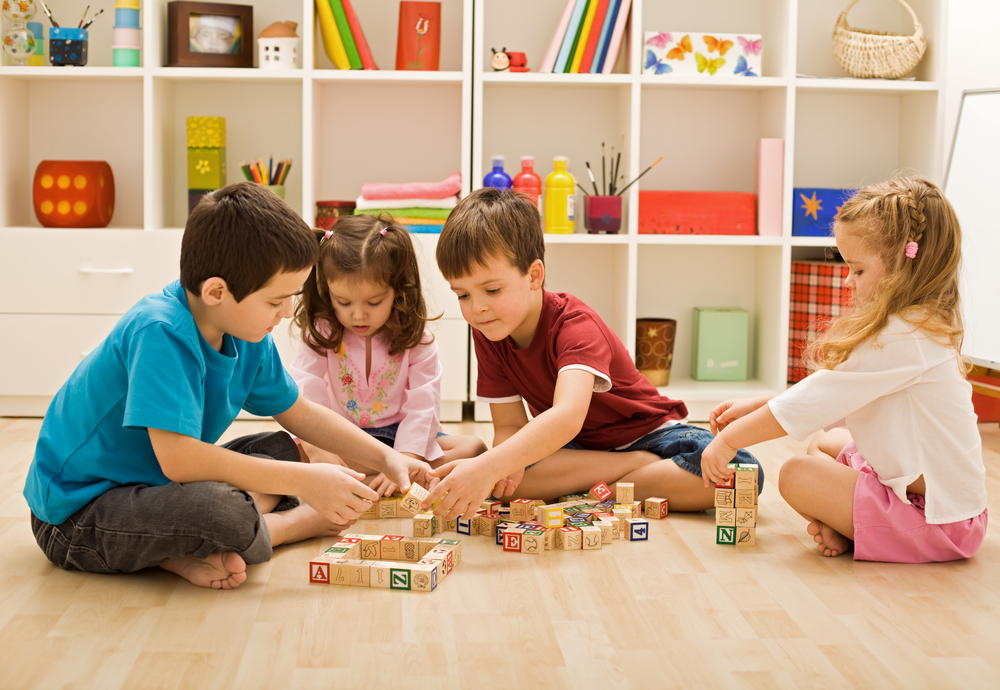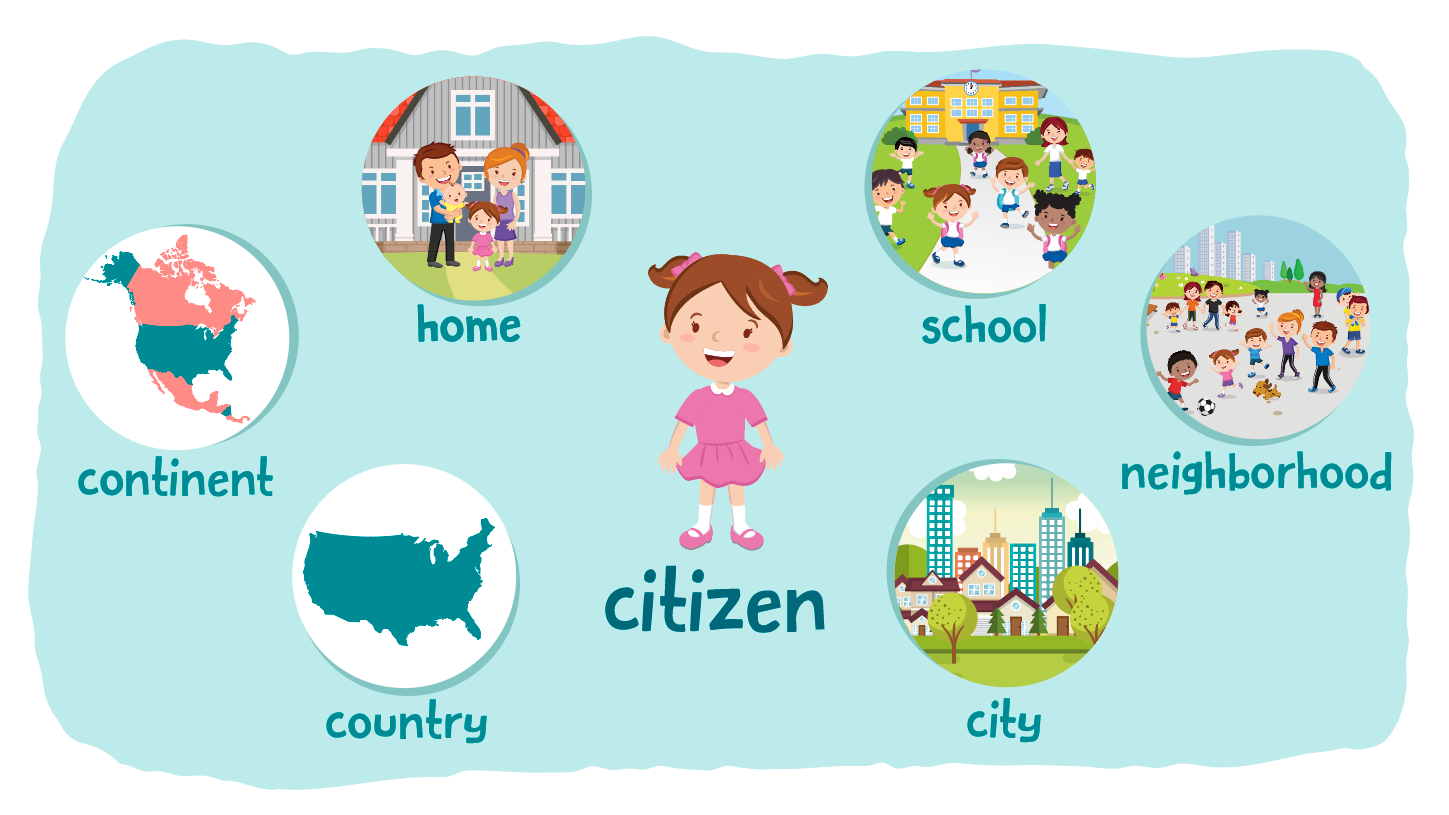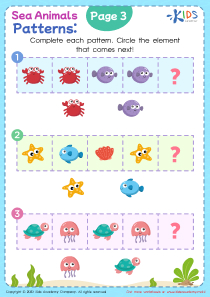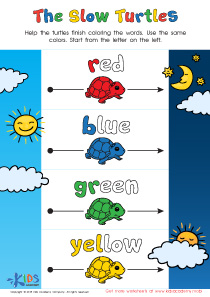Understanding Sequences Easy Preschool Worksheets
4 filtered results
-
From - To
Explore our “Understanding Sequences Easy Preschool Worksheets” designed to engage young learners in grasping the concept of sequence in a fun and interactive way. These worksheets provide a variety of colorful activities that help preschoolers learn to identify, create, and analyze sequences through relatable scenarios. From sequencing everyday events to organizing simple patterns, our resources promote critical thinking and enhance early math skills. Perfect for use at home or in the classroom, these easy-to-use worksheets empower children to develop their cognitive abilities while enjoying the learning process. Get started today and make learning about sequences an enjoyable adventure!
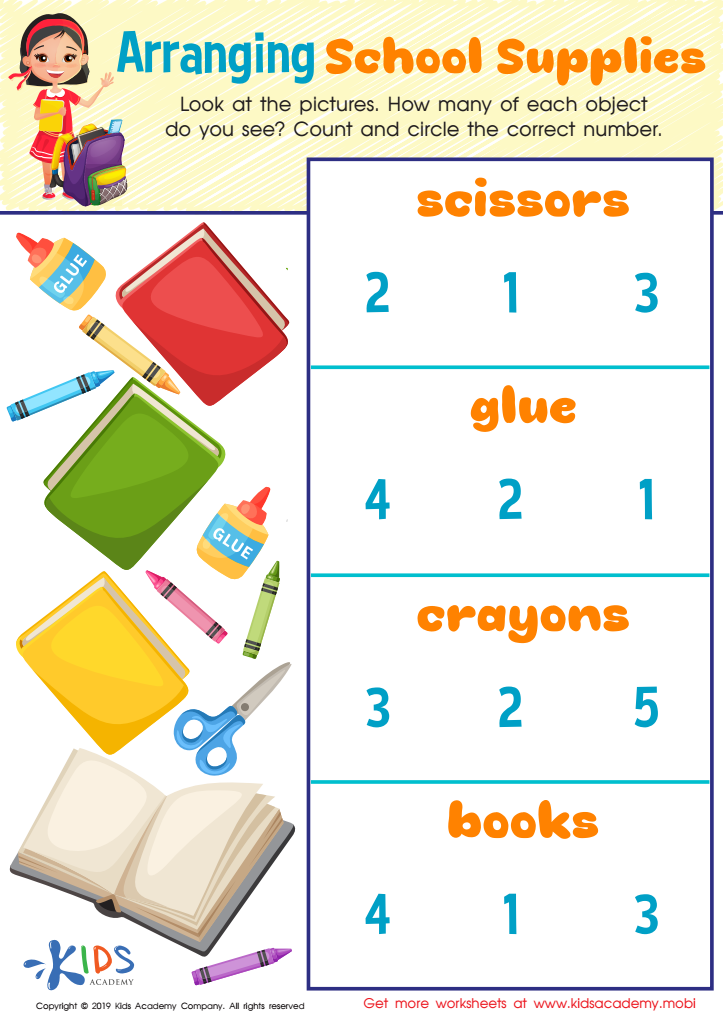

Arranging School Supplies Worksheet
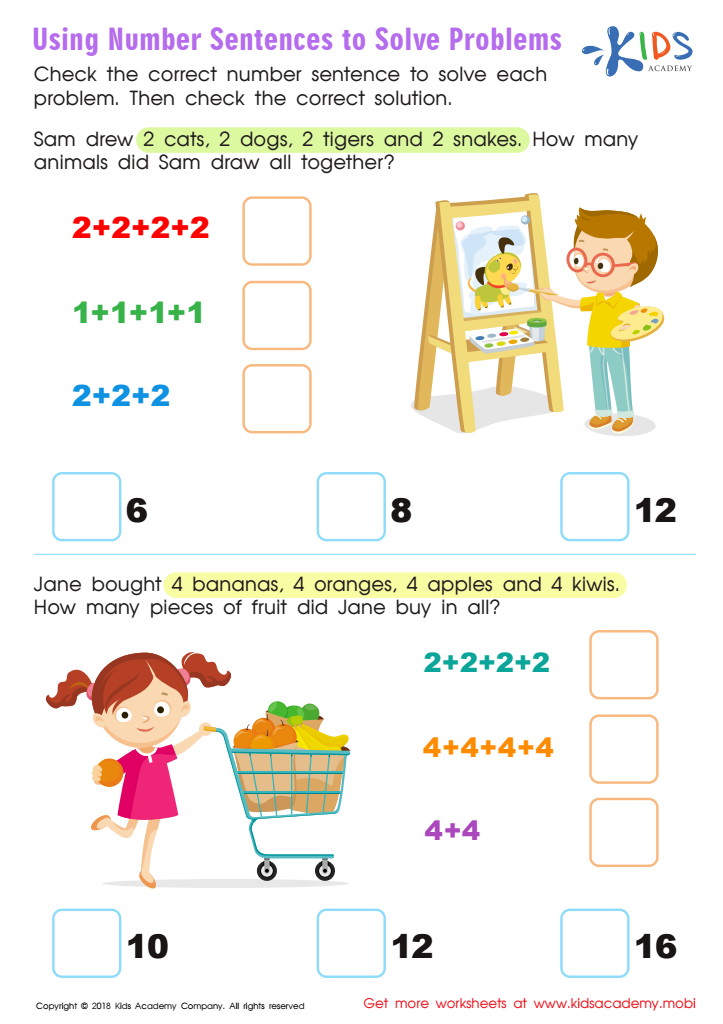

Using Number Sentences to Solve Problems Worksheet
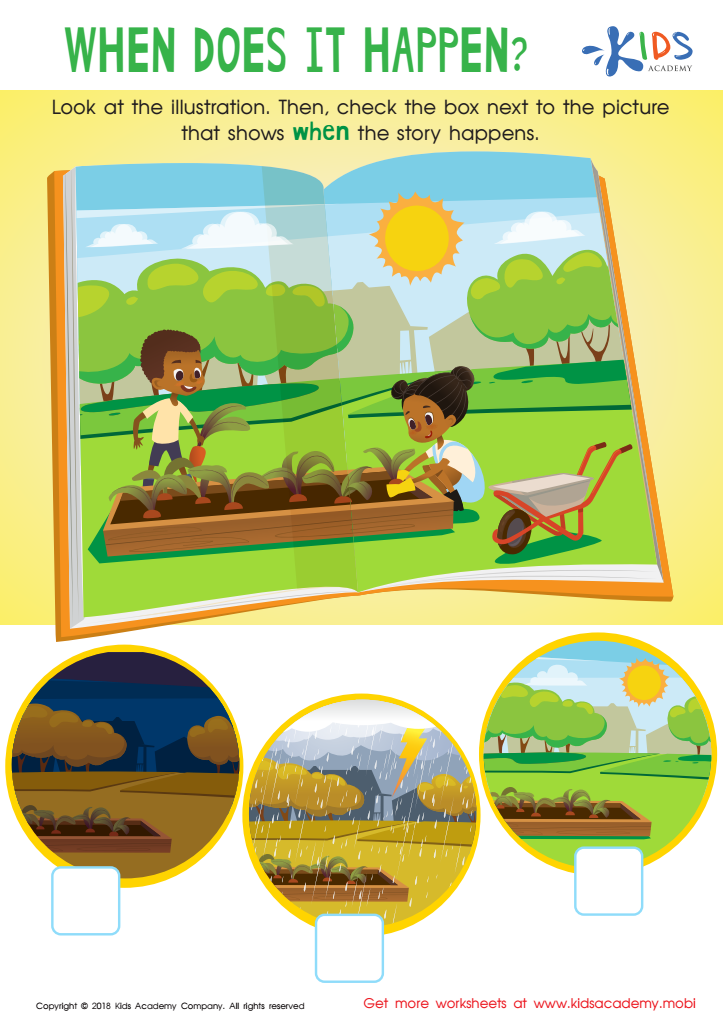

When Does It Happen? Worksheet
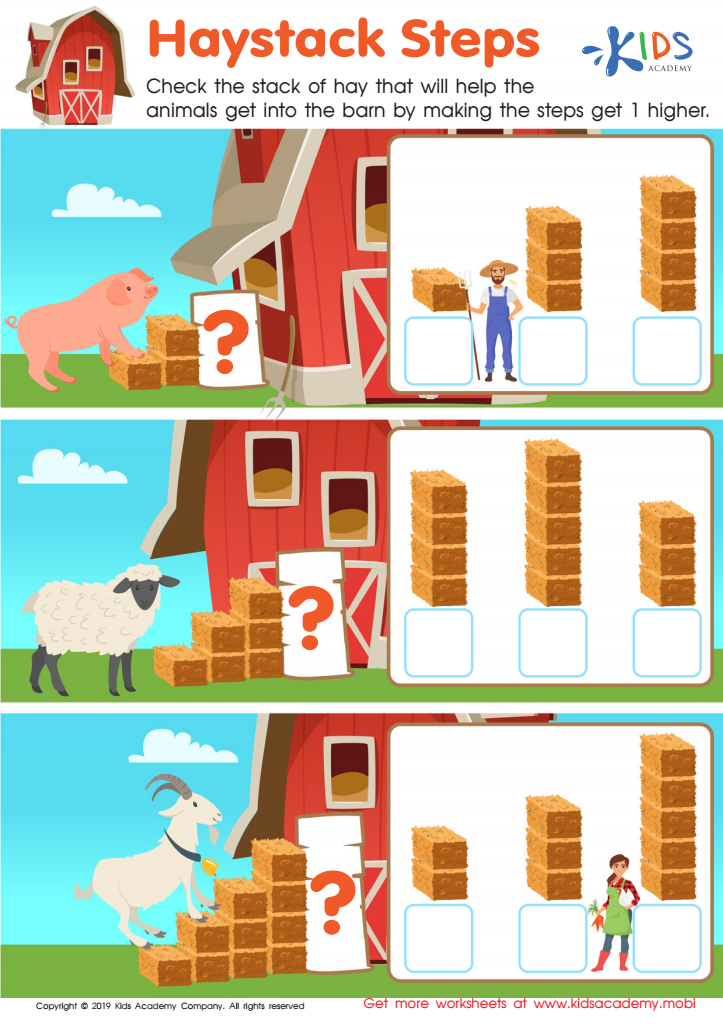

Haystack Steps Worksheet
Understanding sequences is fundamental in early childhood education, and both parents and teachers should prioritize this skill in preschool-aged children. Learning to recognize and create sequences fosters critical cognitive development. It helps children learn to organize their thoughts and develop problem-solving skills, essential for their future academic success.
In preschool, children encounter sequences through storytelling, daily routines, and patterns in activities. For instance, when they learn to arrange events from a story—like "first we see the moon, then it shines," they not only enhance their comprehension but also improve their memory and attention span. Moreover, mastering sequences builds a foundation for more advanced concepts, such as math, where patterns and order play key roles.
Parents and teachers who emphasize this learning area create a rich environment that encourages exploration and creativity. Engaging children in sequencing activities, such as sorting objects or arranging pictures, fosters cooperation and teamwork as they learn from one another. Ultimately, nurturing an understanding of sequences in preschool lays a strong groundwork for lifelong learning and helps cultivate an inquisitive mindset essential for future challenges, making it a critical focus for both educators and parents alike.
 Assign to My Students
Assign to My Students



